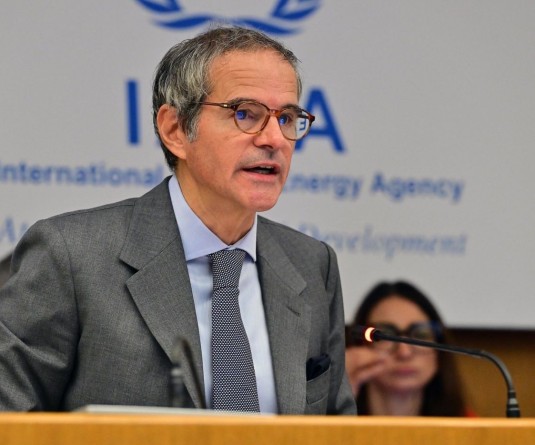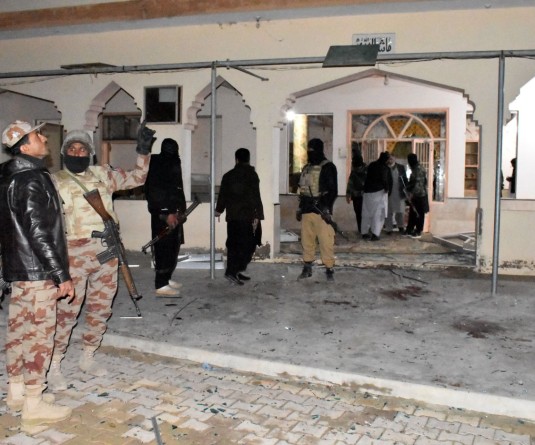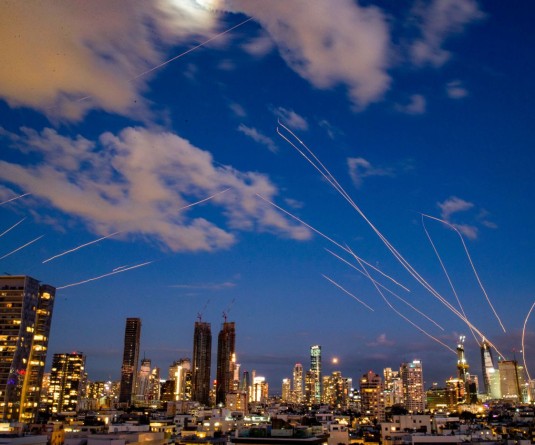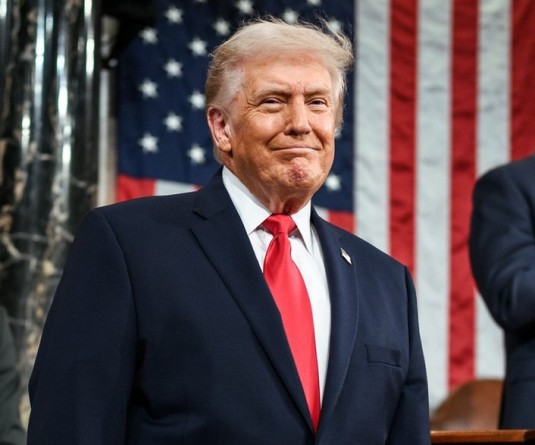
SANAA, May 27 (Reuters): Yemeni tribesmen said they wrested a military compound from elite troops loyal to President Ali Abdullah Saleh outside the capital Sanaa on Friday as increased fighting threatened to tip the country into civil war.
Tribal leader Sheikh Hamid Asim told Reuters his fighters killed the base's military commander and a separate tribal source said the Yemeni air force dropped bombs to prevent the tribesmen from seizing an arms cache at the site. Further bombing sorties by the air force could be heard near Sanaa during the course of the day.
If confirmed, the Republican Guard's loss of a military compound to tribesmen with machine guns and rocket-propelled grenades would be an embarrassing setback for Saleh, whose security forces have been drawn into pitched street fighting in the capital this week that has killed nearly 100 people. Tribes outside the capital said they were also fighting government troops at two other military sites.
In Sanaa, tens of thousands of people gathered for what they said would be a "Friday of Peaceful Revolution" against Saleh, releasing white doves and carrying the coffins of about 30 people killed in clashes this week. A few kilometers (miles) away, government loyalists held their own rally, waving Yemeni flags and pictures of Saleh, who has ruled the Arabian Peninsula state for nearly 33 years.
"By God, you won't leave!" some red banners read.
There are worries that Yemen, already on the brink of financial ruin, could become a failed state that would undermine regional security and pose a serious risk to its neighbor Saudi Arabia, the world's biggest oil exporter. The United States and Saudi Arabia, both targets of foiled attacks by a wing of al Qaeda based in Yemen, are concerned that any spread of anarchy could give the global militant network more room to operate.
Friday prayers have been a rallying point for opponents and supporters of Saleh, whose country has become a the poorest in the region and is located on a shipping lane through which 3 million barrels of oil pass daily to Western markets. Sanaa residents have been streaming out of the capital by the thousands to escape the escalating violence. Others stocked up on essentials and waited in trepidation.
"There is absolute poverty because of this regime. We want change," said Abdulrahman al-Fawli, 42, an engineer. "But I'm terrified of civil war. I dread this prospect. God willing, he will leave peacefully and abdicate power peacefully." Leaders of the G8 leading industrialized nations called on Saleh to step down during their two-day summit in France, but analysts said global powers have little leverage in fractious and isolated Yemen. Tribal allegiances are the most powerful element of Yemen's volatile social fabric and the fighting already appears to be playing out along tribal lines.
At least 100 Yemenis were killed in Sanaa in the fifth day of fighting since the collapse of an agreement mediated by Gulf Arab neighbors for Saleh to bow to widespread demands to step down after four months of unrest. The fighting, pitting Saleh's security forces against members of the Hashed tribe led by Sadeq al-Ahmar, was the bloodiest since protests began in January, leaving the capital divided between the two sides.
Machinegun fire rattled across the city and sporadic explosions were heard near the protest site, where thousands of people demanding Saleh's departure are still camped.
Tribal leader Sheikh Hamid Asim told Reuters his fighters killed the base's military commander and a separate tribal source said the Yemeni air force dropped bombs to prevent the tribesmen from seizing an arms cache at the site. Further bombing sorties by the air force could be heard near Sanaa during the course of the day.
If confirmed, the Republican Guard's loss of a military compound to tribesmen with machine guns and rocket-propelled grenades would be an embarrassing setback for Saleh, whose security forces have been drawn into pitched street fighting in the capital this week that has killed nearly 100 people. Tribes outside the capital said they were also fighting government troops at two other military sites.
In Sanaa, tens of thousands of people gathered for what they said would be a "Friday of Peaceful Revolution" against Saleh, releasing white doves and carrying the coffins of about 30 people killed in clashes this week. A few kilometers (miles) away, government loyalists held their own rally, waving Yemeni flags and pictures of Saleh, who has ruled the Arabian Peninsula state for nearly 33 years.
"By God, you won't leave!" some red banners read.
There are worries that Yemen, already on the brink of financial ruin, could become a failed state that would undermine regional security and pose a serious risk to its neighbor Saudi Arabia, the world's biggest oil exporter. The United States and Saudi Arabia, both targets of foiled attacks by a wing of al Qaeda based in Yemen, are concerned that any spread of anarchy could give the global militant network more room to operate.
Friday prayers have been a rallying point for opponents and supporters of Saleh, whose country has become a the poorest in the region and is located on a shipping lane through which 3 million barrels of oil pass daily to Western markets. Sanaa residents have been streaming out of the capital by the thousands to escape the escalating violence. Others stocked up on essentials and waited in trepidation.
"There is absolute poverty because of this regime. We want change," said Abdulrahman al-Fawli, 42, an engineer. "But I'm terrified of civil war. I dread this prospect. God willing, he will leave peacefully and abdicate power peacefully." Leaders of the G8 leading industrialized nations called on Saleh to step down during their two-day summit in France, but analysts said global powers have little leverage in fractious and isolated Yemen. Tribal allegiances are the most powerful element of Yemen's volatile social fabric and the fighting already appears to be playing out along tribal lines.
At least 100 Yemenis were killed in Sanaa in the fifth day of fighting since the collapse of an agreement mediated by Gulf Arab neighbors for Saleh to bow to widespread demands to step down after four months of unrest. The fighting, pitting Saleh's security forces against members of the Hashed tribe led by Sadeq al-Ahmar, was the bloodiest since protests began in January, leaving the capital divided between the two sides.
Machinegun fire rattled across the city and sporadic explosions were heard near the protest site, where thousands of people demanding Saleh's departure are still camped.






